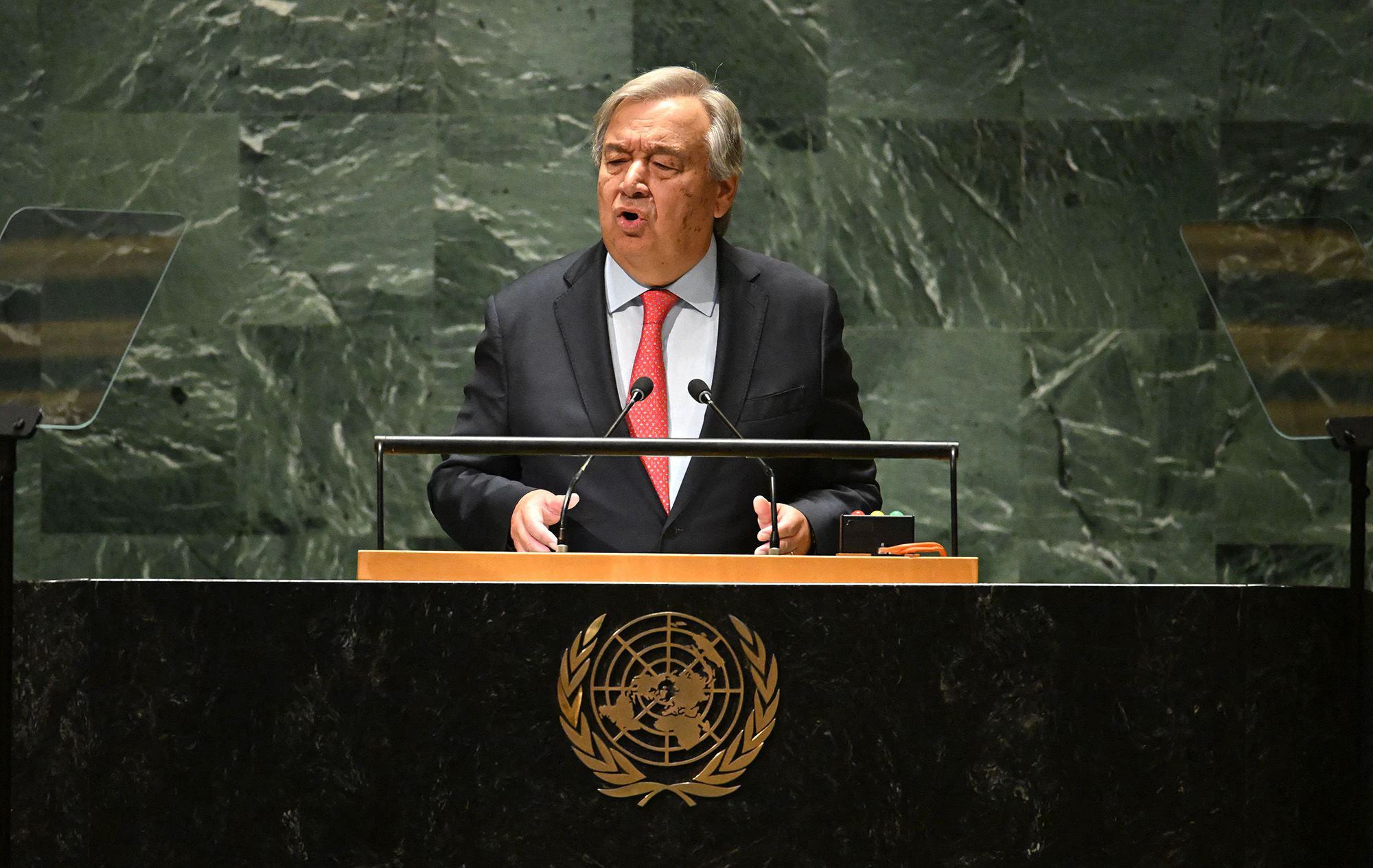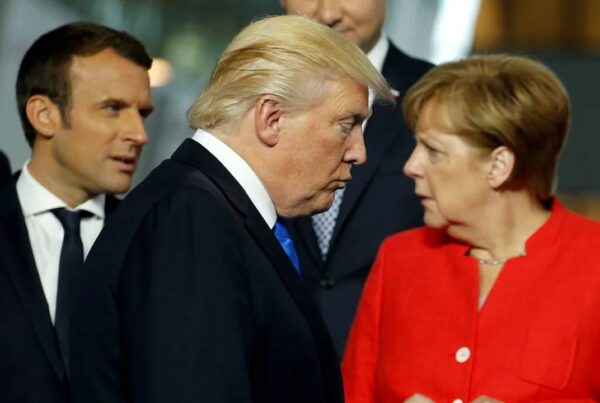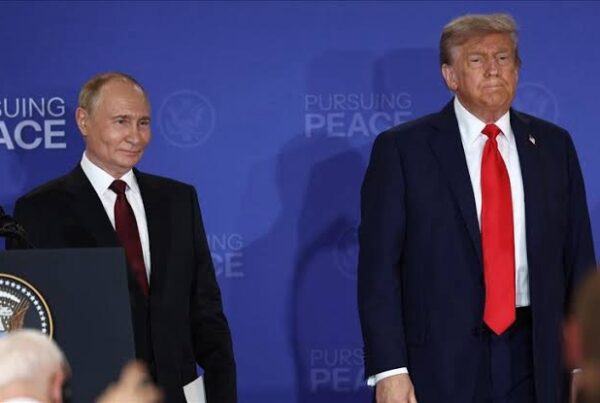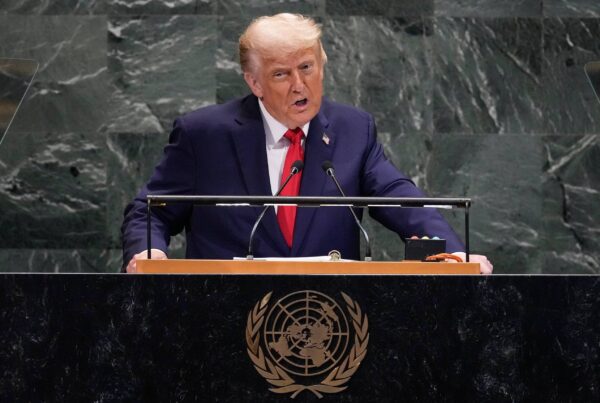United Nations Secretary General António Guterres opened the 80th General Assembly in New York with a stern warning. He declared that the world is entering an era marked by reckless disruption and relentless human suffering. His speech, delivered on Tuesday, September 23, 2025, came before heads of state and government gathered to begin the annual high level debate. The central themes of his remarks focused on the ongoing war in Gaza, the devastating conflict in Sudan, and repeated humanitarian crises worsened by global indifference.
Guterres said impunity, inequality, and apathy toward human suffering are fueling instability. He stressed that international law must be upheld rather than ignored. “We cannot keep overlooking the suffering of millions just for short term political gains,” he said, as quoted by the Associated Press.
Diplomats interpreted his statement as a call for countries to take meaningful steps instead of symbolic gestures. The world was urged to choose cooperation over conflict. His remarks came just as more nations, including France, Belgium, and Canada, recognized Palestine as a state, a move that drew sharp criticism from Israel but stronger momentum for a two state solution at the UN stage.
Gaza and Sudan in the Spotlight
Guterres placed the war in Gaza at the heart of his message. He urged all parties to comply with provisional measures ordered by the International Court of Justice, which include full civilian protection. He also demanded unimpeded humanitarian access to the besieged territory. Arab delegations welcomed his position, while Israel and its allies expressed unease.
Beyond Gaza, the war in Sudan received equally urgent attention. Guterres insisted that countries in the room should stop providing military or logistical support to either faction in the conflict. He argued such backing only prolongs the war and deepens the suffering of Sudanese civilians. The conflict has killed tens of thousands and displaced millions since it erupted last year.
Global Challenges and Leaders’ Responses
Guterres also highlighted the UN’s worsening financial crisis. He warned that delayed contributions and funding cuts from member states are crippling humanitarian operations worldwide. UN agencies are struggling to deliver food, medicine, and refugee protection.
He further noted the slow pace of progress on gender equality, three decades after the Beijing Declaration of 1995. He pointed out that digital technologies could worsen inequality if left unregulated. “We risk a generation of women losing opportunities because of biased algorithms,” Guterres warned.
The US President’s address later in the day was among the most anticipated. He used the UN stage to criticize the organization’s effectiveness, arguing that major conflicts remain unresolved despite years on the Security Council’s agenda. His tone stood in stark contrast to Guterres’ appeal for multilateralism. This divergence underscored the tension between national priorities and collective global responsibility.
Impact and Implications
For businesses worldwide, the international policy directions discussed at the UN carry tangible consequences. Decisions on Gaza and Sudan could reshape shipping routes, raise insurance costs, and affect global commodity prices. Trade sanctions or export restrictions often stem from bilateral agreements reached on the sidelines of the Assembly.
Meanwhile, issues of cybersecurity and civil aviation safety, discussed at related forums such as the ICAO meeting in Montreal, send important signals to industries like transportation, energy, and technology.
With more than 150 leaders scheduled to speak until September 29, observers are watching closely for any sign of consensus. Developing countries are pressing for more funding to support the Sustainable Development Goals, while industrialized nations emphasize global security concerns. This dynamic reflects a widening gap in global priorities.
Ultimately, this year’s UN General Assembly underlines how fragile the world order has become. Guterres’ plea was clear: international law, multilateral cooperation, and humanitarian commitments must remain the foundation. Without them, the world risks being trapped in a cycle of crises.
The closing message encapsulated his vision: the UN wants nations to show the courage to collaborate rather than isolate. Readers can follow up in related articles on global politics and the Gaza conflict to understand how UN decisions may reshape the international landscape.






